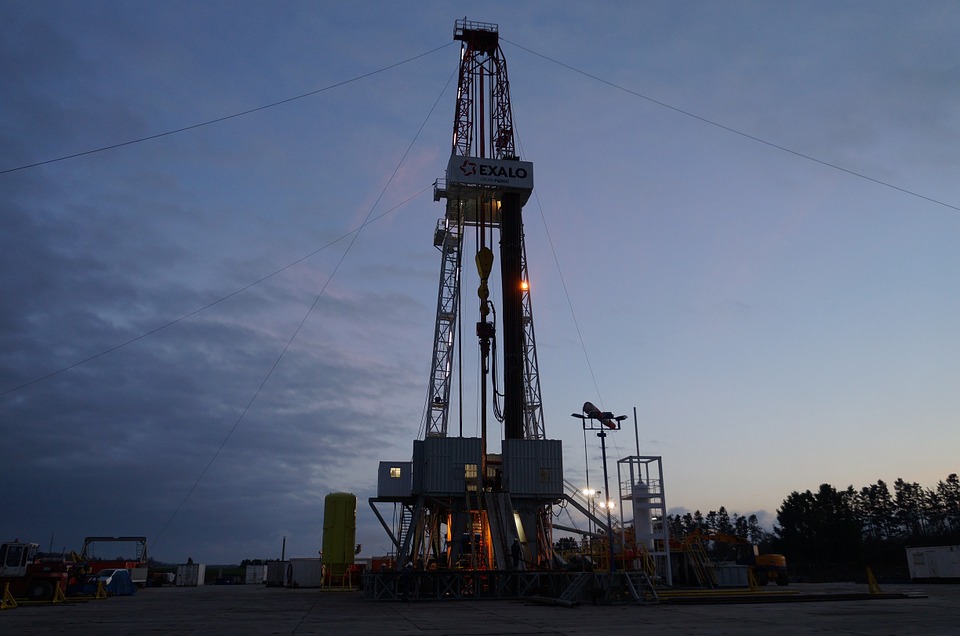
Iranian Gas Engineering and Development Company CEO Reza Noushadi told Shana News Agency on Sunday, Oct. 23, that Iran will supply Russia with 40 domestically-produced gas turbines.
Russia and Iran hold some of the world's largest gas reserves and are both under strict U.S. sanctions. Both countries have stressed the importance of enhancing bilateral cooperation.
In late September, the Iranian oil ministry announced its own plans to purchase nine million cubic meters of gas per day from Russia via Azerbaijan for its needs, with an additional six million cubic meters of gas per day as part of its agreement that would see the gas exported onward to other nations from Iranian liquefied natural gas (LNG) terminals.
The announcement was made as Tehran revealed details of a deal struck in July between the National Iranian Oil Company (NIOC) and Russian majority state-owned multinational energy corporation Gazprom, which involved cooperation in the field of oil and gas infrastructure development, including the construction of LNG terminals and gas pipelines. Iranian media reported that the agreement is worth $40 billion.
According to Noushadi, Iran's "industrial successes are not limited to the fields of missiles and drones." He said the country is currently capable of independently producing 85 percent of the necessary equipment in the gas industry, which allowed it to sign the contract with Moscow. Details of the latest deal were not revealed.
Western sanctions affect ties between Russia and its equipment suppliers
This development came as the sanctions imposed by the West hit industry ties between Russia and its equipment suppliers.
Earlier this year, state energy giant Gazprom had to reduce gas deliveries to Europe via the Nord Stream 1 pipeline due to technical problems related to turbine servicing. (Related: Gazprom signs $40 billion deal to develop Iranian oil and natural gas production capabilities.)
Western sanctions on Russia have also prevented some equipment maintenance and delivery of spare parts. One of the turbines initially supplied to Russia by the German company Siemens got stuck in Canada due to Ottawa's sanction policies. While Berlin eventually got the turbine back, it was never delivered to Russia.
"Give us a turbine, we will turn Nord Stream on tomorrow," Russian President Vladimir Putin said at the Vladivostok economic forum last month.
Nord Streams 1 and 2 are currently out of operation due to leaks that resulted from a series of undersea explosions that many think is an act of sabotage. Moreover, Western countries have accused Russia of using gas supplies as weapons.
Meanwhile, Noushadi said the U.S. sanctions on Russia seek to exclude Moscow from the gas market. (Related: Biden mulls deals with Iran, Venezuela after announcing ban on Russian oil imports.)
"In recent years, the United States of America has widely set up LNG production plants. And recently, with the all-out embargo on Russia and then the explosion in the Nord Stream gas pipeline, it effectively eliminated one of its biggest competitors in gas exports," he said.
Russia, Iran expand economic cooperation
Russia and Iran are not limiting their alliance through natural gas alone. Putin visited Tehran in July, meeting Iranian President Ebrahim Raisi and the Islamic Republic's supreme leader, Ayatollah Ali Khamenei, who also called for stronger, long-term cooperation with Moscow.
Kazem Jalali, Iran's ambassador to Russia, also said the Islamic Republic is planning to increase imports of Russian grain and become the biggest importer of this product. "Last year, I believe, we were in second place in our purchases from Russia. Next year we will, I think, be number one," he said.
Visit FuelSupply.news for more updates about the Russia and Iran agreement.
Watch the video below to know more about Iran's support for Russia.
This video is from the channel Cynthia's Pursuit of Truth on Brighteon.com.
More related stories:
Russia and Iran are cementing an alliance amid global sanctions.
Sources include:
Please contact us for more information.















